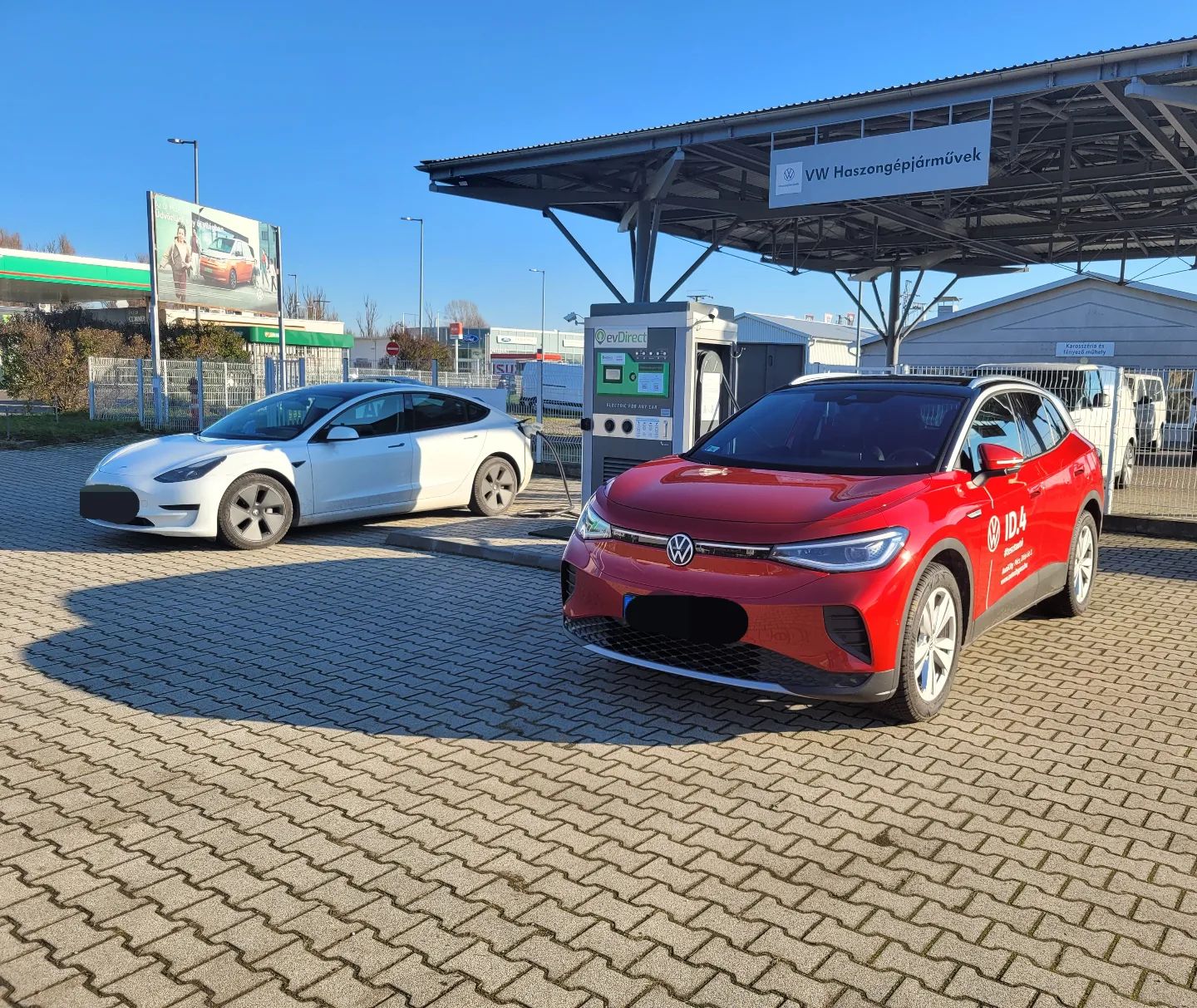The market for electric vehicles (EVs) in Europe has grown tremendously over the last decade. Signs of exponential growth are visible everywhere, from advances in technology to an increase in sales figures and changes in environmentally conscious consumer behaviour. This is not just a temporary trend, but a sign of a profound transformation that is reshaping the car industry, the European economy and, not least, environmental policies.
The engines of growth
Environmental awareness and regulatory environment
One of the main drivers for the spread of electric cars is the fight against global warming and the increase in environmental awareness. The European Union has introduced strict emission standards that encourage car manufacturers to develop and market electric vehicles.
Technological innovation
Advances in battery technology have made it possible to produce electric cars with a longer range and faster charging. Infrastructure development, such as the widespread deployment of charging stations, also plays a key role in this process.
Economic incentives
Many European countries offer various incentives for electric car buyers, including tax breaks, purchase subsidies and free parking. These measures significantly increase the attractiveness of electric cars for consumers.
Market share of electric cars
Continuous growth
Sales of electric cars in Europe continue to rise. Within the new car market, the share of electric cars is increasing significantly year on year, while sales of conventional diesel and petrol cars are declining.
The end of the diesel era
More and more car manufacturers are announcing that they will stop producing diesel cars and focus entirely on electric vehicles. This change marks the phasing out of diesel technology and the beginning of the dominance of electric cars in the European car market.
The advantages of electric cars
Environmental benefits
Electric cars have zero emissions, which significantly reduces air pollution and helps protect the environment. In addition, electric vehicles are more efficient and require fewer resources than conventional cars.
Economic savings
Although the purchase price of electric cars may be higher, the maintenance costs, such as fuel and maintenance, are significantly lower. This means economic savings for owners in the long run.
Technological developments
Electric cars are often more technologically advanced than their conventional counterparts. Intelligent assistance systems, self-driving capabilities and high-tech on-board systems all contribute to the attractiveness of electric cars.
Challenges and solutions
Infrastructure development
For the widespread uptake of electric cars, it is essential to build an adequate charging infrastructure. Many countries in Europe are investing heavily in expanding their charging station networks.
Price sensitivity
The high purchase price of electric cars may still be a barrier for some buyers. However, as technology develops and production costs fall, the price of electric cars is expected to fall.

